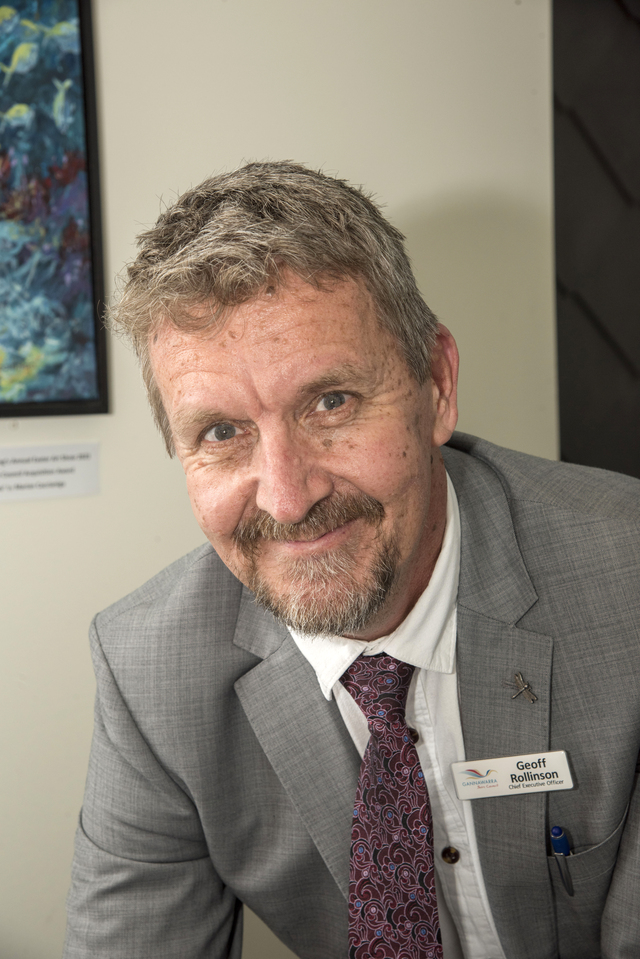TIMES of disaster can be some of the most arduous periods mentally for communities.
The current flooding in the region is potentially a catalyst for a rise in mental health issues.
Northern District Community Health (NDCH) chief executive Mandy Hutchinson said that the coming weeks were when people would start to notice the strain the situation was taking on them.
“We’re noticing that people are beginning to feel tired,” she said. “Everyone’s worked hard, and the community effort has been amazing, but I think now we’re moving into that exhaustion period.”
With certain towns at different stages, Ms Hutchinson highlighted how some people would be feeling the pressure more than others.
“Some areas are starting to work out what they need to do to recover, which can be a huge task, and their feeling pretty fragile,” she said.
“It’s the full spectrum of emotions at the moment – the adrenaline rush of getting ready has subsided, and were hoping everyone just takes a deep breath to look after themselves because this weather might be around until Christmas – so we need to be able to sustain the effort and not burn out.”
NDCH hasn’t seen a rise in the use of their services yet, according to Ms Hutchinson, but she expected to soon see more people requiring mental health support in the region.
“We’re not expecting a big increase at the moment,” she said. “Generally, people start seeking help for mental health a little later on.”
Floodwaters are also dangerous for physical health as well with water born and insect diseases thriving in the stagnate water.
Ms Hutchinson called on everyone to be vigilant around floodwater.
“One big thing is everyone needs to use soap and water to wash their hands – that will stop the gastro sort diseases that love the flood waters – and also avoiding mosquito bites by dressing appropriately and using repellent,” she said.
With the 2011 floods still fresh in the memory of many locals, the experience and knowledge of having gone through this before is crucial to the community’s mental confidence.
“We need to remember that we’ve been through floods before and know how to beat it,” Ms Hutchinson said.
“We can see from the beautiful efforts over the past couple of weeks that the community can come together when we need it to.”
If you are struggling, Ms Hutchinson suggested using the five ways to wellbeing process.
“The five ways to wellbeing is more than just a theory – it’s been tested – and we know if you do these five things regularly, your mental health will be much better off,” she said.
The five ways to wellbeing are be active; take notice; keep learning; help others and connect.







